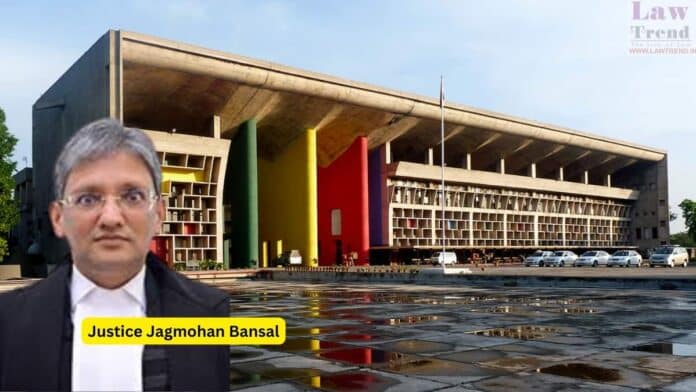In a pivotal judgment, the Punjab and Haryana High Court clarified that Labour Courts under Section 33-C(2) of the Industrial Disputes Act, 1947, cannot entertain claims for retrenchment compensation unless the liability of the employer is pre-established through prior adjudication or acknowledgment. Justice Jagmohan Bansal presided over the matter, delivering a verdict that sets important




